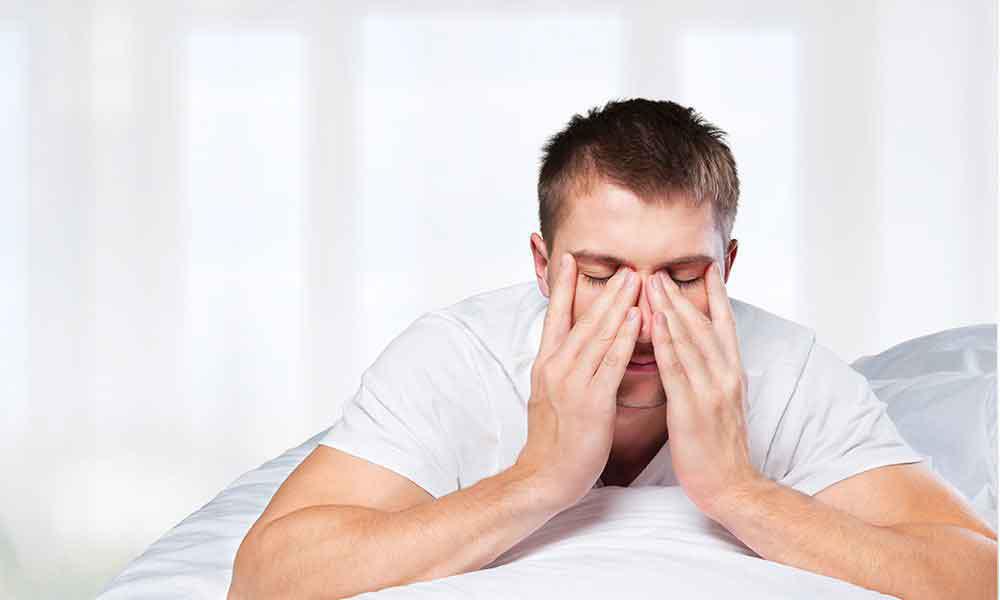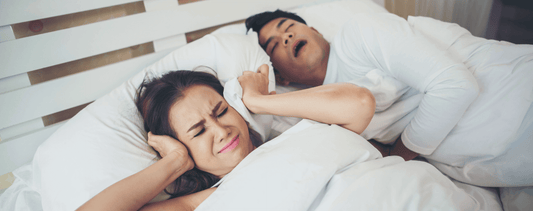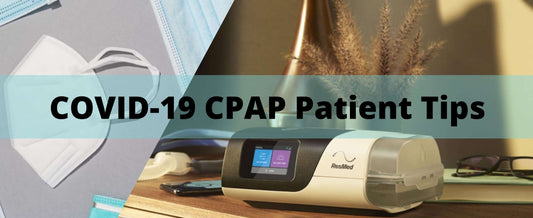
Dry Eyes and Using CPAP/APAP/BiPAP Therapy?
Share
It is not uncommon for people who use CPAP machines to complain of dry eyes. The better you understand why this happens and ways to prevent it, the better you’ll be able to protect yourself from the unpleasant symptoms of dry eyes.
Symptoms:
Dry eyes can happen when tears aren’t providing sufficient lubrication. Below is a list of possible symptoms:
- Stinging or burning eyes
- Scratchy sensation in your eyes
- Redness of eyes
- Eyes are sensitive to light
- Blurry vision
- Difficulty driving at night
- The feeling that you have something in your eyes
Causes:
- Air leaks from the mask: This is one of the most common causes of dry eyes among CPAP users. If your mask has a leak that is in close proximity to your eyes, it can result in instantaneous drying of the eyes and discomfort.
- Air from other sources moving across the eyes: Other sources of air movement in your room can cause the same discomfort: ceiling fans, oscillating fans, open window or even portable air conditioner units.
- Health conditions: Certain health conditions make it difficult for your eyelids to close completely while you sleep (e.g. nocturnal Lagophthalmos). While you may be able to overcome that difficulty in the best of circumstances, it only serves to exacerbate dry eye conditions.
***It’s important to note that there are many other possible causes of dry eyes (not only CPAP therapy). If you never had dry eyes and it appeared once you began using your machine, that’s a good indication that the cause is related to your therapy. If you've always experienced dry eyes please speak to your doctor.
Solutions:
Dry eyes are uncomfortable but it can also cause damage to the surface of your eyes and lead to eye infections. Below are some of the solutions that can help overcome dry eyes.
- Use artificial tears: Talk to your doctor/pharmacist about using artificial tears prior to going to bed at night. This is more of a preventative measure however, it can provide immediate relief to burning and/or itching eyes.
- Find and fix the air leak in your mask: When your machine is ON, run your fingers around the mask cushion to see if you can feel any leaks. Adjust the mask so that it fits flush to your skin and you can no longer feel a leak.
- Clean your CPAP mask thoroughly: Dirt and oils can prevent the mask from adhering properly to your face, breaking the seal and allowing air to escape. Make sure to wipe down your cushion every morning and clean the entire mask at least once a week using light detergent and warm water.
- Replace your mask/cushion regularly: It’s important to get a new mask approximately every 6 months because silicone stretches and can be the cause of your leak.
- Contact your CPAP clinician for help: Please call your CPAP clinician for more information, guidance on how to avoid dry eyes, and/or how to properly adjust your mask.
Since it is very important to replace your mask/cushion regularly, we would like to offer you 20% off (valid August-September 2021)! Please call us at 416-618-6776 ext 1, to receive your discount. Free delivery available with a minimum purchase of $100.00 before promo.
Lastly, if you have further questions about the blog we would be happy to help! Please call us at 416-618-6776 or email at reception@essentialaircpap.com.



